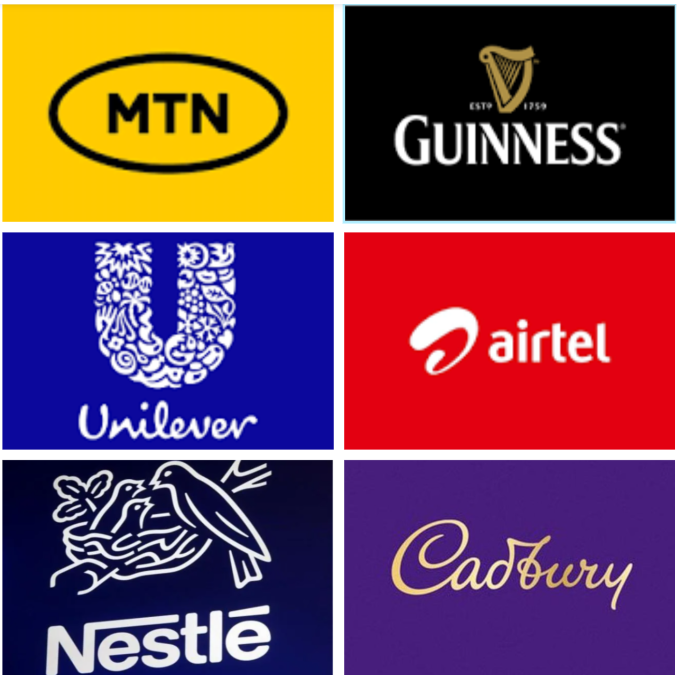
Marketers are still perturbed about changing privacy regulations- Survey
By Zion Rufus
In the wake of Google’s third party cookie deprecation, a recent study has shown that marketers are still struggling to adapt to the shifting identity, privacy and regulatory landscape.
The insights shared by MMA, a global marketing trade association, revealed that 50% of marketers believe their CMOs do not fully understand the implications of changing privacy regulations and only 12% of marketers feel fully prepared for upcoming changes.
The MMA survey also showed that marketers expect, at minimum, a 22% reduction in marketing ROI due to the pending 3rd party cookie depreciation and 50% of marketers still expect to rely on cookie-based solutions in the next two years.
Google’s decision to axe its third party cookies came as a result of increased privacy concerns and mounting regulatory scrutiny. The move from the tech powerhouse was announced to the dismay of digital marketers and advertisers who relied on third party data for their ad tracking and targeting.
Among other fears, a Google survey revealed that the removal of third-party cookies could have second-order effects on publishers, such as decreased spend by their advertising clients as a result of lower return on investment from non-personalized ads and moving budgets to different channels; and increased overhead costs as a result of publishers having to adjust their business models when third-party cookies are disabled.
2021 saw an increased focus on user privacy across all platforms, which further widened the horror as advertisers will no longer be able to deliver personalized ads and track the effectiveness of their ad campaigns without users’ consent.
In an interview with MARKETING EDGE, tech guru and President of the Association of Digital Marketing Professionals, Oti Ukubeyinje shared that the impact of the push for privacy will mean that marketing will become more expensive and more difficult for marketers and advertisers from an awareness and acquisition perspective, noting that as access to data drops, intelligence reduces; marketers will then have to start expanding the number of people they reach again and this will cost more money.
He explained: “So what this means is that if not properly handled and creatively addressed, digital marketing will start to lose its effectiveness in a short time, businesses that don’t understand what exactly is happening will start to measure apples for apples and get convinced that traditional marketing after all is better than digital marketing in an ROI perspective and they may just start to move funds back into more traditional approaches like they were doing before prior to the emergence of data driven marketing.”
Meanwhile, as the end nears for 3rd party cookies, savvy companies increased their first party data by an average of 31% in 2021.
Following Apple’s killing of the IDFA– the ID that allows advertisers to track users individually by their device ID, First party data became the go-to for advertisers. With Google and Apple throttling back the data they share, and no longer allowing advertisers to follow users across the web with browser cookies, advertisers were forced to return to first-party data as their first choice for ad targeting.




Comment
No comments found.